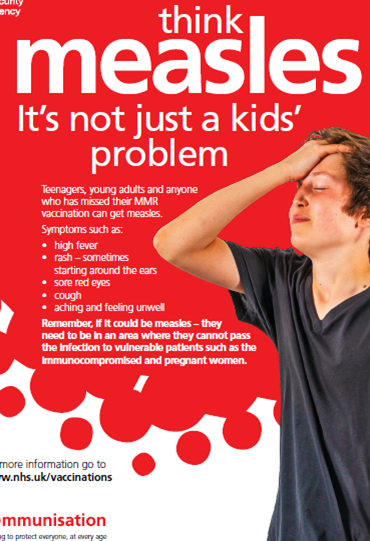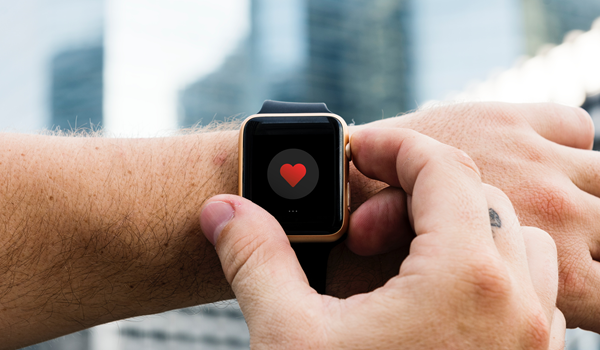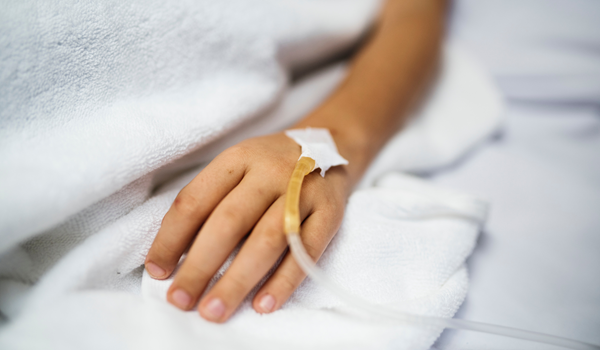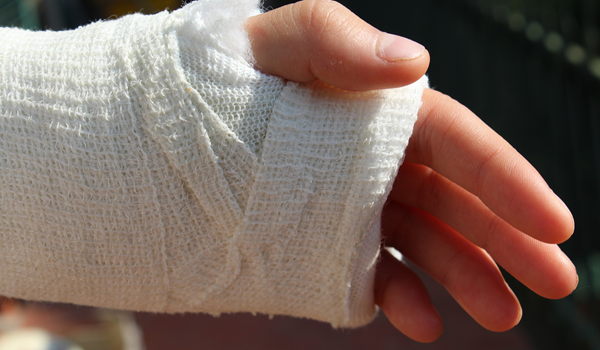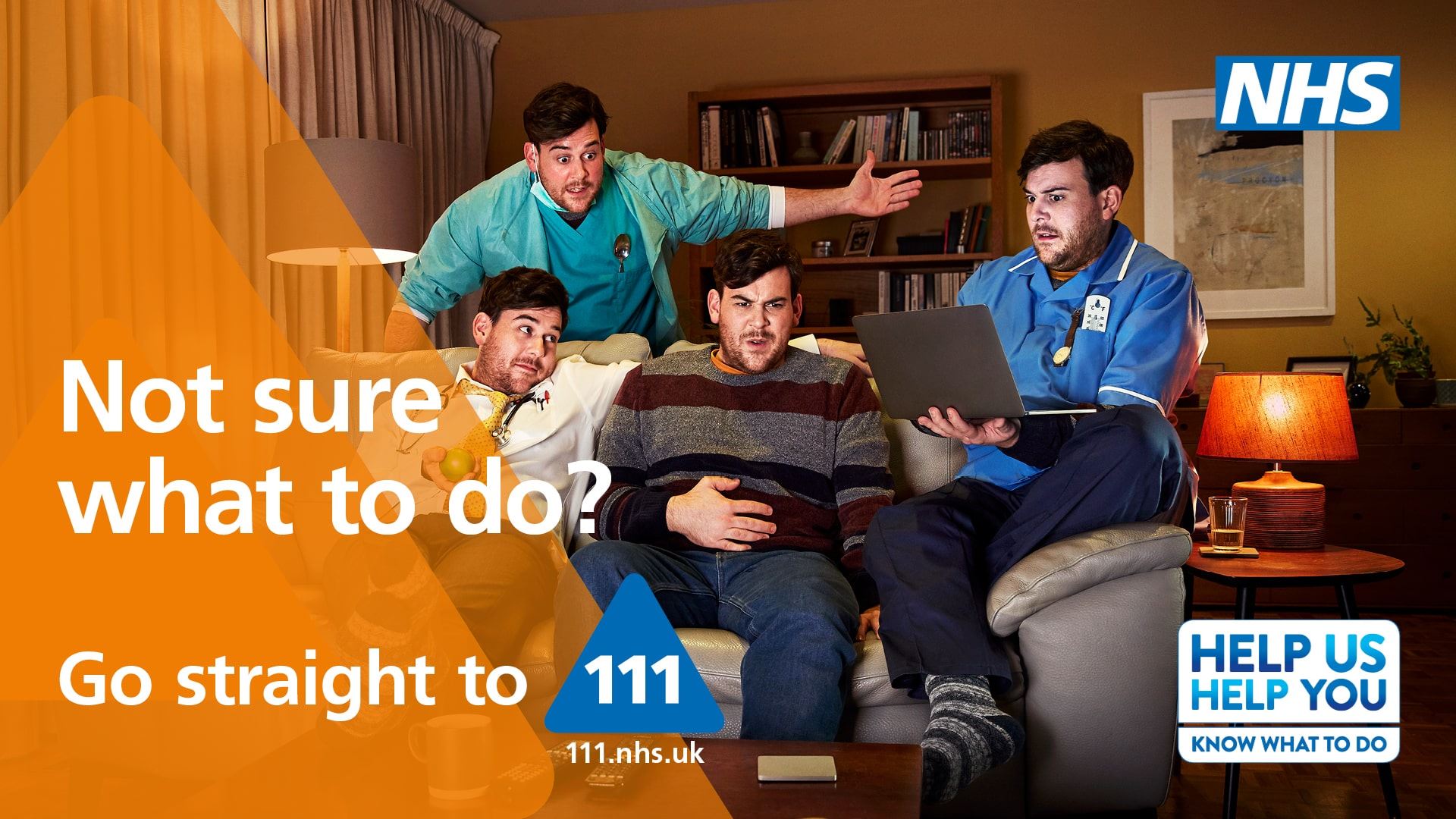With the recent surge in the cases of Measles it is more important than ever to get yourself up to date with information around it, below you will see some of the symptoms to keep an eye out for if you or someone you know thinks they might have Measles.
- High fever
- Rash (sometimes starting around the ears)
- Sore red eyes
- Cough
- Aching and feeling unwell
Measles are circulating around and it is a very serious infection that can cause a lot of problems, especially to those who are vunerable ie people with weakened immune system, babies under one and pregnant women.
Its never too late to get your MMR vaccine. If you are wanting to get your MMR then call the surgery to book your two doses of MMR vaccine.
For more information on MMR following the link below
